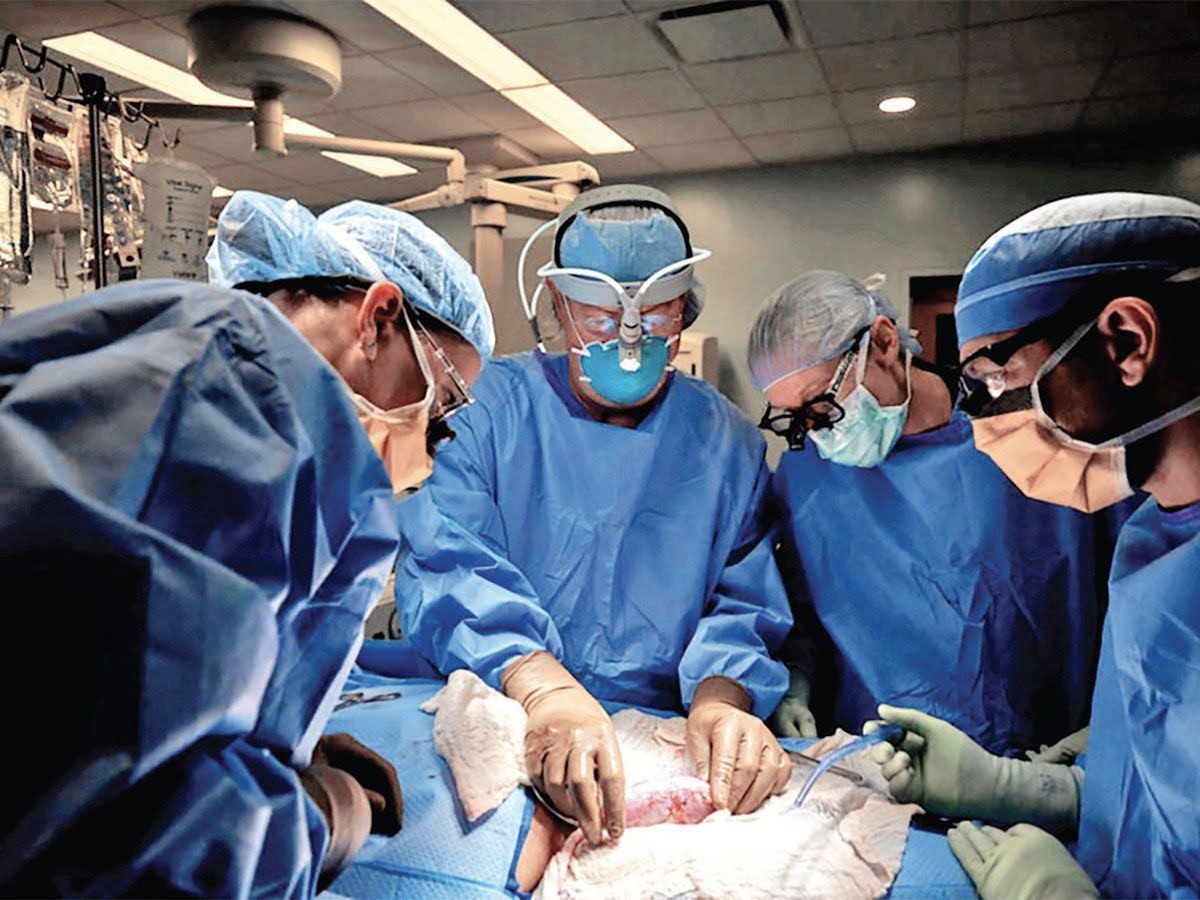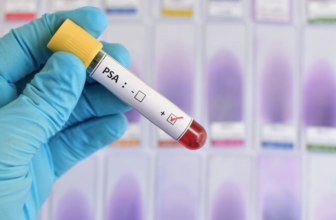
NEW YORK – Twelve doctors from the New York University Langone Health Medical Centre performed a pig kidney transplant to a brain-dead patient. This transplant is one of the most advanced experiments that can potentially solve the increasing shortage of donor organs.
The doctors genetically modified the pig kidney to prevent the body from rejecting the organ after the surgery. Although the surgery did not include a peer review, the surgeons intend to publicize the findings upon success.
The surgery entailed connecting the donor pig kidney to the brain-dead recipient’s blood vessels to determine its capability to function normally. The surgeons will closely monitor the patient for 2 ½ days to determine the surgery’s success.
The surgeons also transplanted the pig’s thymus gland with the kidney. The surgeons hypothesized that this organ could prevent the body from rejecting the organ in the long term.
The thymus gland should potentially stray the immune cells that might fight the developing pig tissue.
Dr. Robert Montgomery told the BBC that the kidney functioned like a human kidney, capable of performing similar functions without rejection.
About 30% of the patients on the waitlist die before receiving a transplant.
Dr. Montgomery emphasized the importance of the transplant, especially in finding a more sustainable organ source for people on the waiting list. Montgomery intends to remove the notion that someone would need to die for someone else to live.
Since humans already use pigs as a food source, Montgomery intends to use these animals for medicinal purposes.





